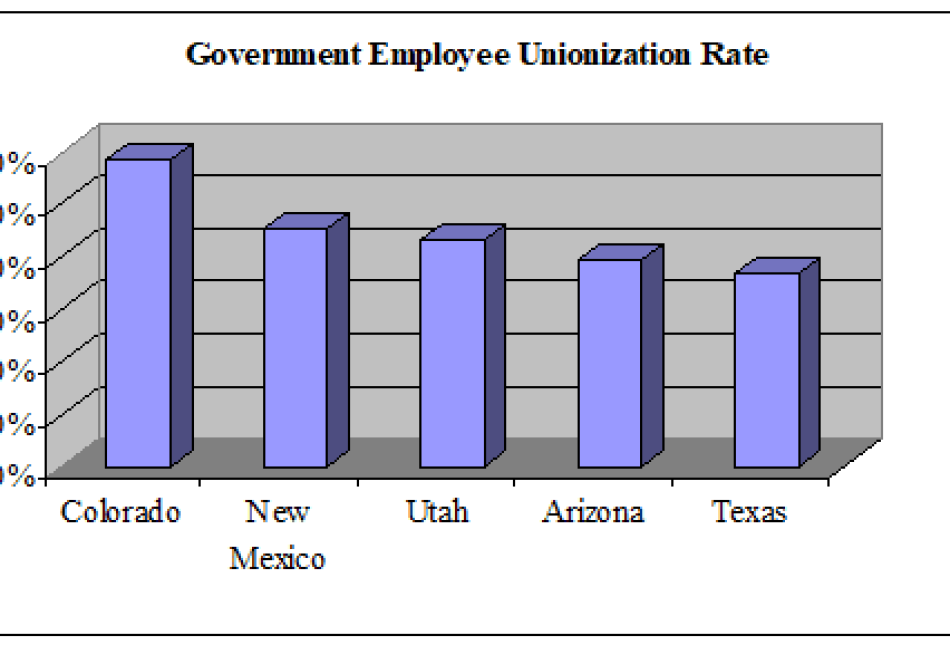What Janus v. AFSCME means for New Mexico

It’s as if the New Mexico Legislature were an appetizer or side show. Multiple tax hikes are being considered by local governments while “right to work” is also moving forward across New Mexico. And, perhaps the most important US Supreme Court case in many moons is set to be heard on February 26: Janus vs. AFSCME.
Across the nation, unions are rallying the troops for a show of force on the 24th of February with the laughably-titled “It’s about Freedom” hashtag.
So, what is this case really about? Simply put, unions, unlike any other private organization, have long had the power to extract union dues or so-called “fair share” payments from government employees in non- “right to work” states like New Mexico.
Mark Janus, a government employee in Illinois believes that it infringes upon his rights under the 1st Amendment to the US Constitution that he is being compelled to “speak” (in the form of union dues) contrary to his own political beliefs or interests. The unions obviously have a strong desire to keep those dollars flowing.
If the Court decides this case in favor of Mr. Janus, it could institute the equivalent of “right to work” for all government workers in states like New Mexico, Illinois, and California. It is worth noting that this case only applies to government employees and unions, not those in the private sector. None other than President Franklin Roosevelt opposed the very practice of allowing government employees to unionize.
Of course, in New Mexico while private sector unions are relatively small in terms of membership, according to Unionstats.com a robust 22.6 percent of government workers are unionized or covered by union contracts. For anyone who has spent time in the State Capitol in Santa Fe, they realize in short order that the government employee unions are among the strongest interest groups in New Mexico.
Far from “destroying” unions as the overheated rhetoric from them and their supporters might lead one to believe, unions will remain a potent force in American politics, especially in state capitals.
It is hard to see how allowing a private organization first dibs on the paychecks of government employees is in anyone’s interest but the unions’ and the politicians who rely on their money and organizing muscle. The Court seemed to be on the verge of ruling on this issue once before in the Friedrichs vs. California Teachers Association case, but Justice Scalia died and the Court deadlocked 4-4.
